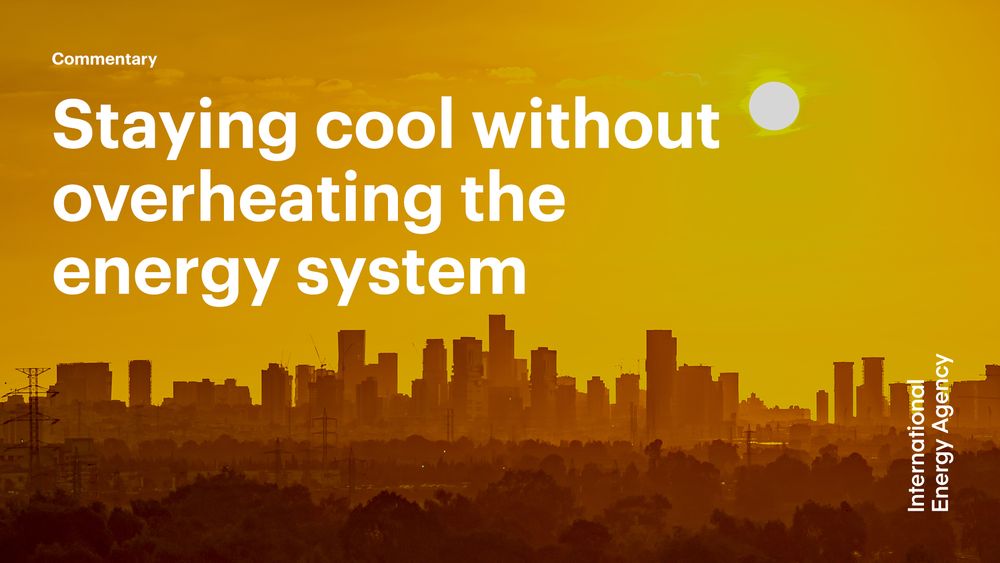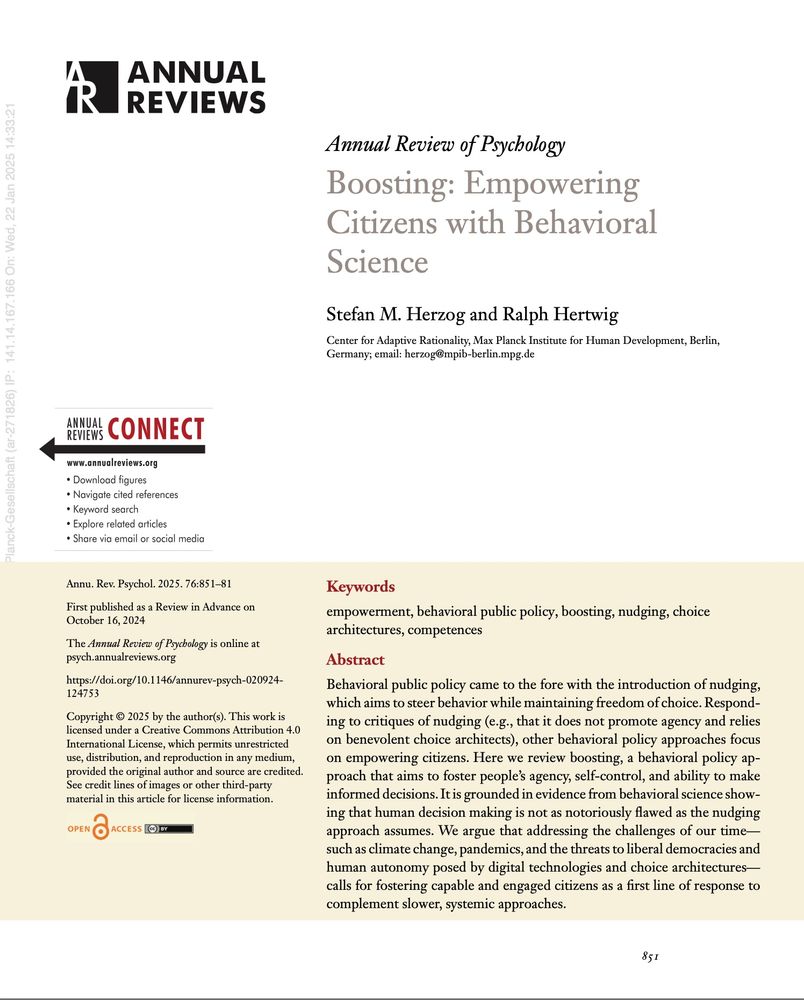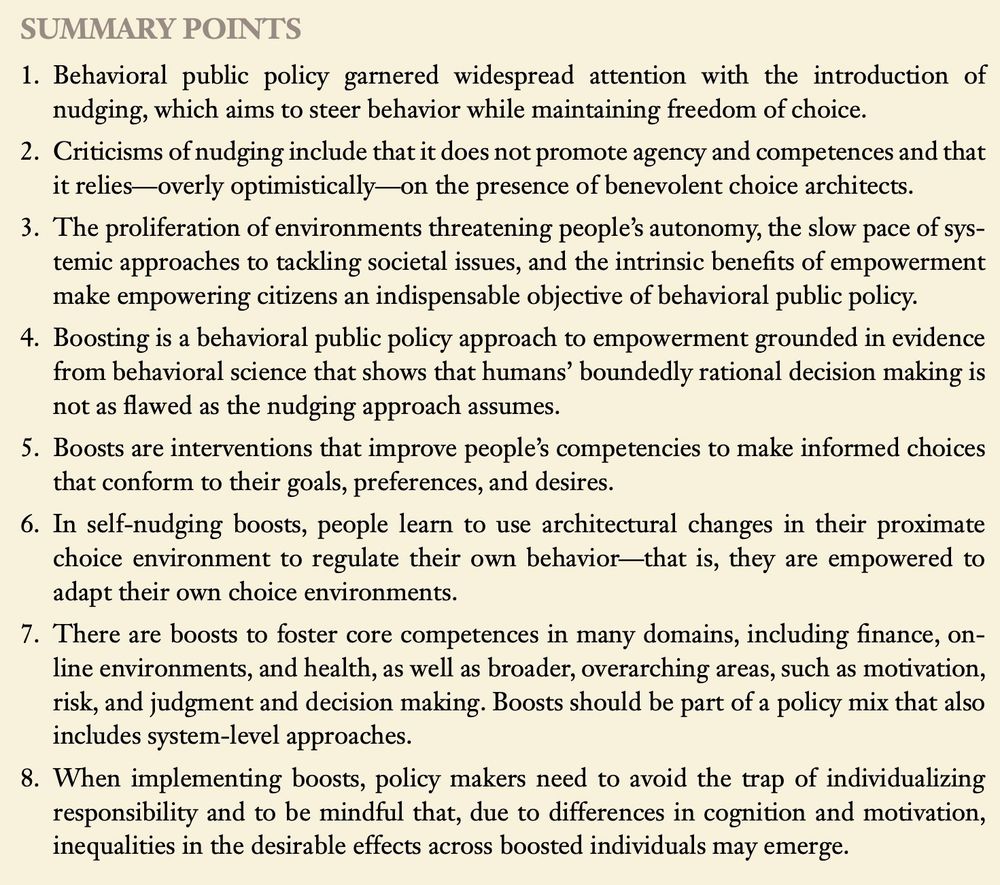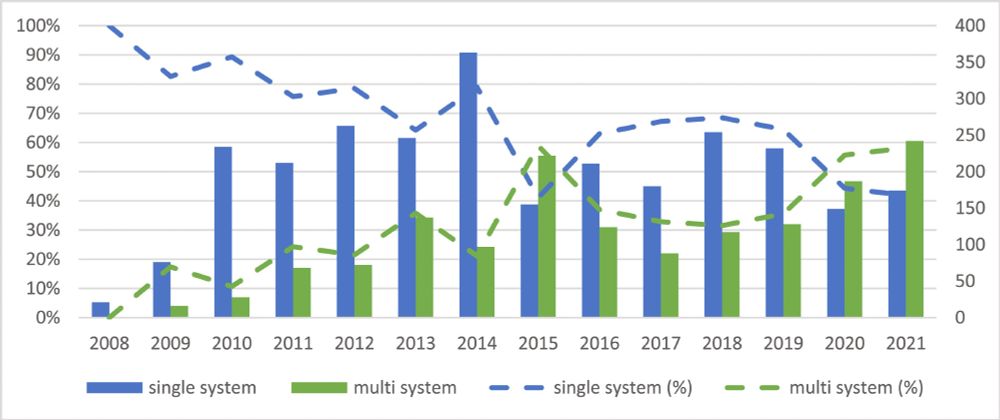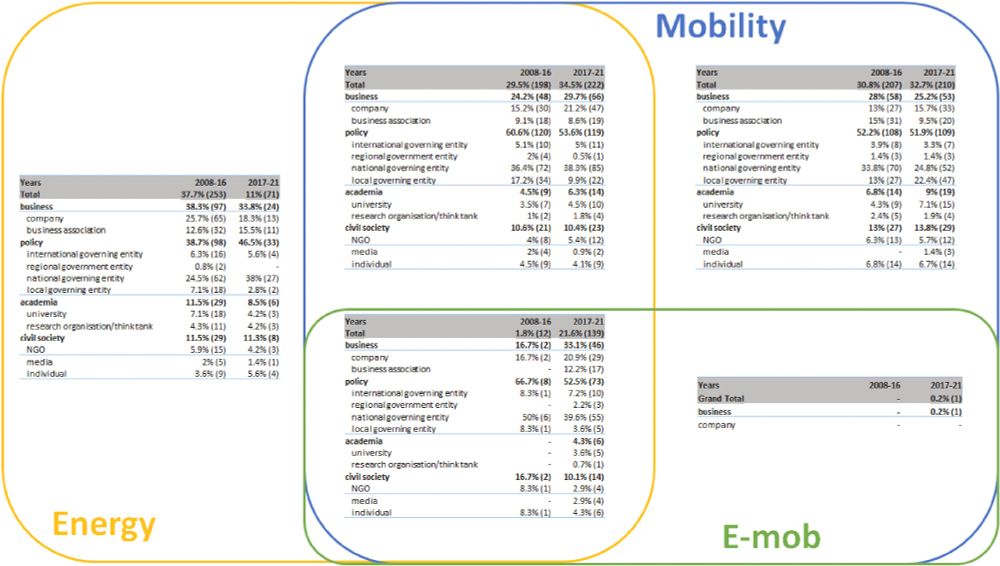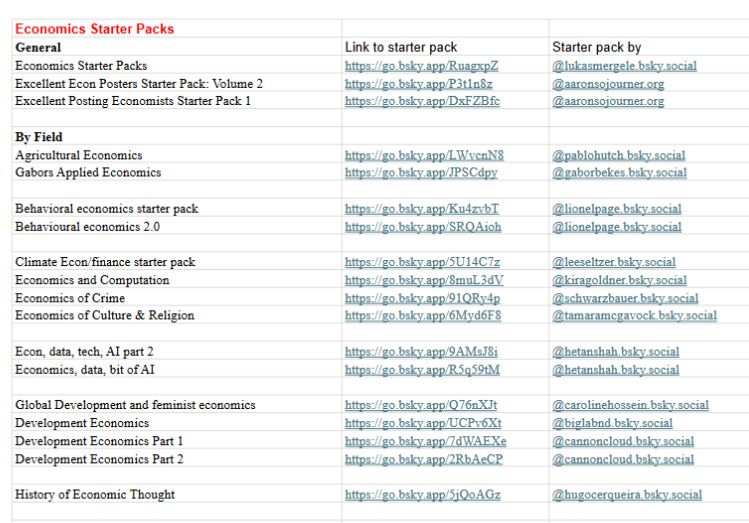Nives Della Valle
@nivesdellavalle.bsky.social
210 followers
400 following
5 posts
Senior Researcher at the Institute for European Energy and Climate Policy, formerly Scientific Officer at the European Commission Joint Research Centre and Policy Analyst at the IEA| Behavioral Econ 🔎 Energy Poverty, Climate Change, Just Transition
Posts
Media
Videos
Starter Packs
Reposted by Nives Della Valle
Reposted by Nives Della Valle
Reposted by Nives Della Valle
Georg Zachmann
@gzachmann.bsky.social
· Feb 9

Delivering the EU Green Deal - Progress towards targets
This report provides a comprehensive assessment of progress towards the European Green Deal (EGD), the European Union’s transformative agenda for achieving climate neutrality by 2050. The analysis enc...
publications.jrc.ec.europa.eu
Reposted by Nives Della Valle
Maria Popova
@mariapopova.bsky.social
· Feb 5

Hannah Arendt on Loneliness as the Common Ground for Terror and How Tyrannical Regimes Use Isolation as a Weapon of Oppression
“The ideal subject of totalitarian rule is not the convinced Nazi… but people for whom the distinction between fact and fiction (i.e., the reality of experience) and the distinction between t…
www.themarginalian.org
Reposted by Nives Della Valle
Reposted by Nives Della Valle
Reposted by Nives Della Valle
Reposted by Nives Della Valle
Reposted by Nives Della Valle
Reposted by Nives Della Valle






